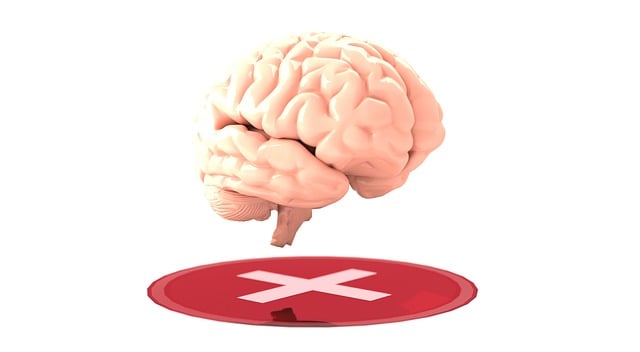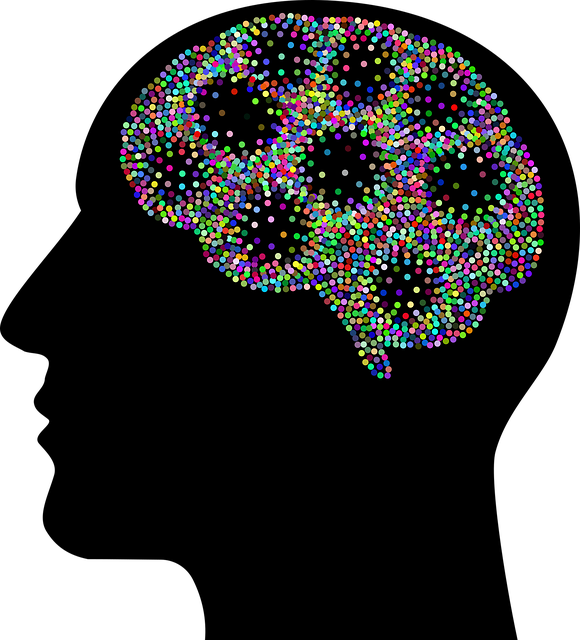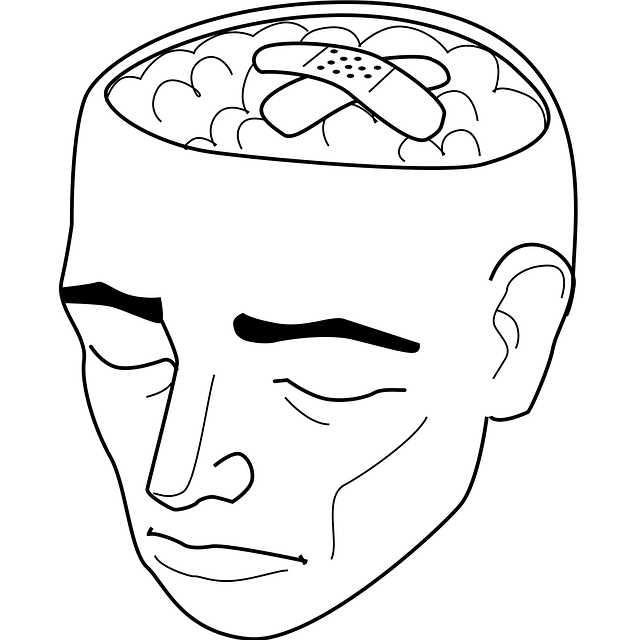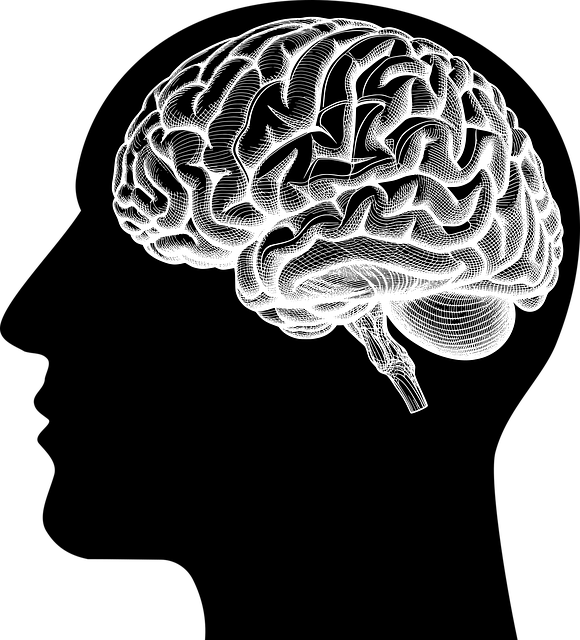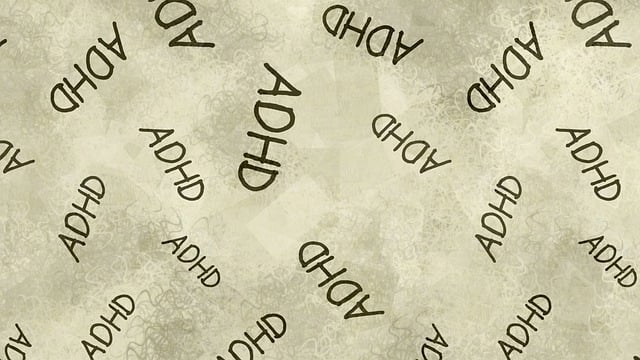Emotion regulation through programs like Lafayette Anger Management Therapy is a key component of mental wellness, empowering individuals to manage intense emotions like anger and anxiety. Backed by evidence-based practices, these strategies reduce destructive behaviors, enhance relationship strain, and improve overall quality of life. Mindfulness practices, cognitive restructuring, and community outreach play crucial roles in promoting emotional well-being, with long-term benefits despite challenges in handling personal emotions.
Emotion regulation techniques are essential skills to master, especially with the help of evidence-based approaches like Lafayette Anger Management Therapy. This article explores the significance of emotion regulation in our daily lives and its impact on mental well-being. We delve into the role of Lafayette Anger Management Therapy, discussing common techniques and providing practical strategies for implementing these skills in everyday situations. Additionally, we examine the benefits and challenges of teaching emotion regulation to foster personal growth.
- Understanding Emotion Regulation and its Importance
- The Role of Lafayette Anger Management Therapy
- Common Techniques for Effective Emotion Control
- Implementing Strategies in Daily Life
- Benefits and Challenges of Teaching Emotion Regulation Skills
Understanding Emotion Regulation and its Importance

Emotion regulation is a crucial aspect of overall mental wellness, enabling individuals to navigate life’s challenges with resilience and adaptability. It involves understanding, managing, and responding to one’s emotions in a healthy way, ensuring they don’t overwhelm or control behavior. This process is particularly vital for those dealing with issues like anger, which, if left unaddressed, can lead to destructive behaviors and strained relationships, as highlighted by Lafayette Anger Management Therapy.
Effective emotion regulation strategies not only help in managing intense feelings but also foster better emotional intelligence. Healthcare providers play a significant role in teaching these skills, especially through Cultural Competency Training, which equips them to address the unique needs of diverse populations. Additionally, initiatives like Mental Illness Stigma Reduction Efforts and Mental Wellness Journaling Exercise Guidance can support individuals in developing healthy coping mechanisms, enhancing their overall quality of life.
The Role of Lafayette Anger Management Therapy

Lafayette Anger Management Therapy (LAMT) plays a pivotal role in teaching individuals effective emotion regulation techniques. This therapeutic approach focuses on helping clients understand and manage their anger, a primary emotion often linked to various mental health issues and burnout prevention. Through LAMT, participants learn to identify triggers, recognize early signs of anger, and employ coping strategies that promote mental wellness coaching programs development.
By integrating evidence-based practices, LAMT empowers individuals to transform their emotional responses, fostering healthier interactions in personal and professional settings. This not only enhances overall mental wellness but also provides tools for navigating challenging situations, thereby reducing the risk of anger-related conflicts and promoting more balanced emotional states.
Common Techniques for Effective Emotion Control

Emotion regulation techniques are essential tools for managing intense feelings and maintaining a sense of calm. Common strategies include mindfulness practices, such as deep breathing exercises and meditation, which help individuals become more aware of their emotions and react mindfully instead of impulsively. Cognitive restructuring is another popular technique, where people learn to challenge negative thought patterns and replace them with more balanced perspectives, thereby reducing emotional distress.
For those struggling with specific issues like anger or anxiety, Lafayette Anger Management Therapy offers evidence-based approaches tailored to individual needs. Building confidence through self-regulation techniques can significantly enhance one’s ability to cope with challenging situations. Moreover, community outreach program implementation plays a crucial role in promoting these skills on a larger scale, providing support networks and fostering better emotional well-being within communities. Anxiety relief becomes more accessible when individuals equip themselves with the right tools for managing their emotions effectively.
Implementing Strategies in Daily Life

Implementing emotion regulation techniques in daily life involves a conscious shift towards healthier coping mechanisms. After learning various strategies through programs like Lafayette Anger Management Therapy, individuals can apply these skills to navigate challenging situations more effectively. For instance, when faced with anger or stress, taking a moment for mindful breathing exercises can significantly de-escalate intense emotions, promoting calmer decision-making.
Integrating practices such as Mindfulness Meditation into one’s routine further enhances emotional intelligence and resilience. Regular meditation not only improves self-awareness but also offers Stress Reduction Methods that empower individuals to manage their responses to stressful events. This holistic approach, supported by evidence in Mental Health Policy Analysis and Advocacy, has proven effective in fostering mental well-being and overall quality of life.
Benefits and Challenges of Teaching Emotion Regulation Skills

Teaching emotion regulation skills offers a multitude of benefits for individuals and communities alike. Through Lafayette Anger Management Therapy and similar programs, people can learn to navigate their emotions more effectively, leading to improved mental wellness and enhanced quality of life. This is particularly crucial in today’s fast-paced world where stress and anxiety are prevalent. By equipping individuals with tools like mindfulness meditation from the Mental Wellness Podcast Series Production, they become better equipped to handle challenging situations, fostering a sense of calm and resilience.
However, there are challenges inherent in teaching emotion regulation. It requires sensitive handling as emotions are deeply personal. Missteps can lead to further distress or even traumatize learners. Moreover, individual differences in emotional expression and experiences necessitate tailored approaches. Despite these challenges, the long-term gains for mental health awareness and overall well-being make it a game-changer worth pursuing, revolutionizing how we approach personal growth and development.
Emotion regulation is a powerful tool that can significantly enhance one’s quality of life. As discussed, techniques such as those offered by Lafayette Anger Management Therapy play a crucial role in teaching individuals how to navigate and manage their emotions effectively. By integrating these strategies into daily routines, people can improve their overall well-being, foster healthier relationships, and lead more fulfilling lives. While there are benefits to teaching emotion regulation skills, it’s also essential to acknowledge potential challenges, allowing for continuous growth and refinement of these valuable techniques.

